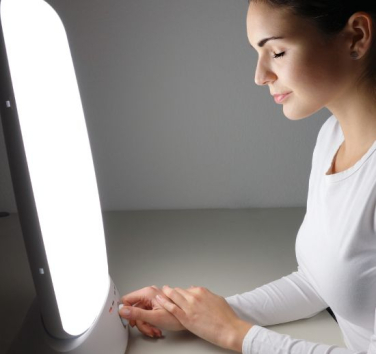CBD and retinal health, promising neuroprotective potential
Research into the impact of exogenous cannabinoids (notably CBD) on retinal function is well underway. Certainly, studies are still limited, but the available data are very promising and suggest a potential benefit of CBD for eye health.
In reality, this interest was already suspected. The endocannabinoid system, which regulates several physiological functions, has receptors in the retina. And it turns out that CBD, like other cannabinoids in the hemp plant, interacts with the receptors of this system to regulate its functioning. Early research reveals a potential ability of CBD to favorably influence photoreceptor function, which could improve night vision and modulate visual acuity.
The vascular effects of CBD on the retina
Several studies (here or here, for example) explored the vascular impacts of cannabinoids, highlighting changes in retinal blood flow. CBD could exert a potentially beneficial vasorelaxant effect in the treatment of ocular circulatory disorders such as glaucoma.
The neuroprotective properties of CBD
Animal studies indicate that CBD has neuroprotective properties for the retina. It would therefore contribute to the preservation of ganglion cell density and the reduction of neuronal apoptosis and the inflammatory response.
Potentially therefore, cannabidiol would protect against retinal pathologies such as glaucoma and uveitis by acting as an anti-inflammatory and neuroprotective agent.
CBD: the case of glaucoma
Glaucoma is a degenerative condition feared for its impact on the optic nerve and vision. Historically, cannabis' ability to reduce intraocular pressure (IOP) was identified in the 1970s.
Today, research is trying to identify the molecules that come into play in this mechanism to offer patients cannabis-based medications with as few side effects as possible. Concretely, researchers try to avoid as much as possible the use of THC, the main psychoactive molecule of cannabis.















